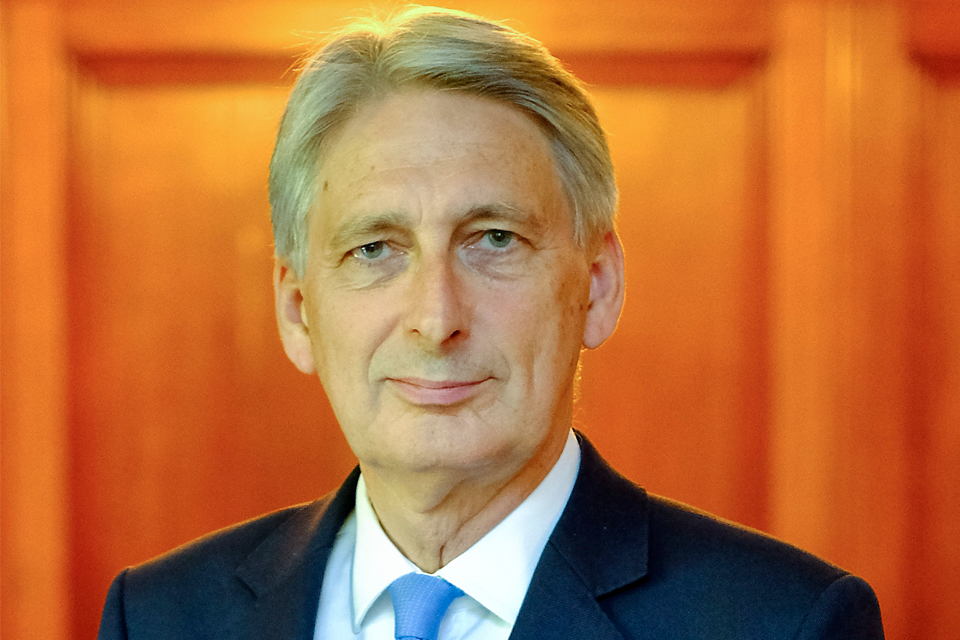EU Transport Council: 24 June 2010
Describes the agenda for the upcoming Transport Council meeting in June 2010 which will focus on areas including aviation and security.

I will attend the second Transport Council of the Spanish Presidency which will take place in Luxembourg on 24 June 2010.
A wide-ranging EU-US air transport agreement came into effect in April 2008. Its provisions included removal of all commercial restrictions on flights between the EU and the US; and improved cooperation in:
- safety
- security
- competition
- consumer protection
- the environment
Negotiations for stage 2 of the agreement began in May 2008. The negotiations have led to a solid outcome, which includes recognition of the importance of greater access for airlines to global capital markets and a widening of the reach of the agreement in environmental matters. I propose to agree to the signature of the stage 2 agreement at the council. A signing ceremony is planned for later in the day.
The commission will present to the council its report on the EU response to the consequences of the recent volcanic ash cloud on air transport. The commission’s report was produced at the request of an extraordinary session of the Transport Council on 4 May. The commission is expected to provide an overview of the technical work that has been taking place at national, European and global level to increase the understanding of safe flying in areas affected by ash and to examine how the rules and guidance might be improved. My intention would be to encourage further cooperation in this area in order to ensure that airlines and passengers are subjected to the minimum of disruption internationally should there be another eruption. The issue of financial assistance for companies affected by the ash disruption may arise. While recognising the significant financial impact of lost revenue or passenger assistance, I do not intend to raise any expectations and would propose to emphasise that budgetary constraints make any support from UK taxpayers unlikely.
The council will be asked to adopt conclusions following the commission communication on urban mobility, which set out an action plan. We support the principles of the action plan, and the opportunity to spread best practice across the community. The conclusions take a common sense approach by making use wherever possible, of existing institutions, programmes and instruments. I welcome the recognition that intelligent transport systems offer strategic options for improving urban mobility as this is an area that the UK has focussed on. I also welcome the focus in the conclusions on research of all kinds on clean and energy-efficient vehicles. It is important that that the action plan does not lead to further legislation, and that cities and city regions retain the freedom to pursue and implement locally relevant solutions.
There will be a policy debate on the role of transport in the ‘Europe 2020 strategy for smart, sustainable and inclusive growth’. No conclusions are expected and no decisions will be taken. I will take the opportunity to highlight how EU transport policy can and should promote jobs and growth.
Notable among the AOB items is a report from the commission on security scanners. This report concludes that security scanners at airports could help to reinforce passenger security and where deployed should be covered by common EU wide standards covering performance, fundamental rights and health provisions. Scanners are currently deployed at several UK airports.